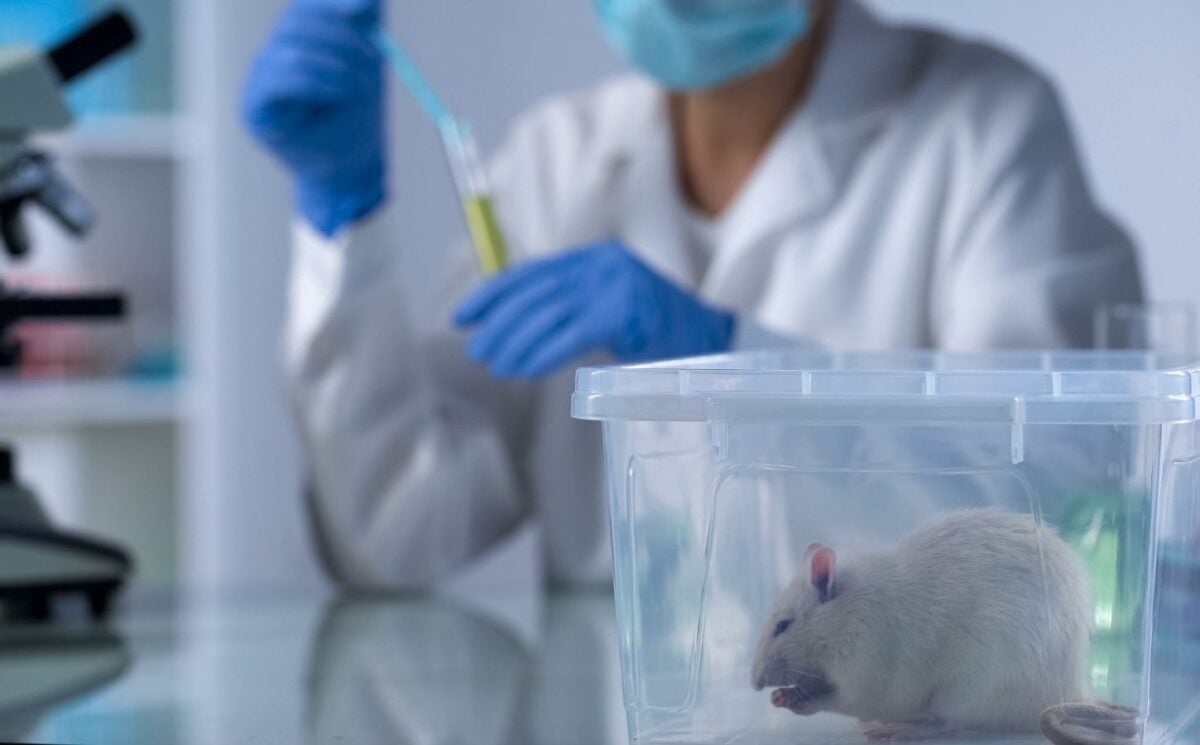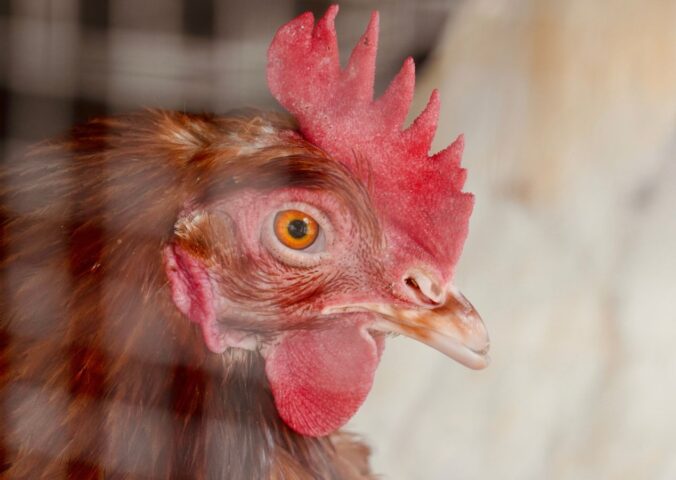A recent survey of nearly 100 labs found that the majority of antibiotic use in animal research is avoidable and likely contributes to human drug resistance.
Read more: Animal Testing: Is It Effective, And What Happens To ‘Lab Animals’?
The cross-sectional study surveyed veterinarians and facility managers at 95 rodent testing laboratories in Australia and New Zealand (Aotearoa). It found that 71 percent routinely administered unregulated and “unnecessary” antimicrobial medicines such as antibiotics.
Lead study author Rebbecca Wilcox and co-authors Marc Marenda, Joanne Devlin, and Colin Wilks write that the “imprudent use” and “inappropriate disposal” of antimicrobials that are critically important to human health “likely” contributes to antimicrobial resistance (AMR) in laboratory rodents. It also poses a health and safety risk to the humans who work with them and the environment.
Workers frequently administer antimicrobials to laboratory animals through drinking water, and 81 percent of the surveyed labs reported “disposing” of it by pouring it down the drain, untreated. The study stresses the “urgent need” to develop and implement evidence-based procedures for responsible usage and disposal of antimicrobials to avoid further AMR.
Plos One published the study in August, and speaking to the Guardian, Wilcox described AMR as a “coming pandemic.” She added that increasing human resistance to medicines will make routine procedures like hip replacements, cesareans, and other surgeries “life-threatening.”
Many campaigners believe that using animals in research is not only cruel, but also unnecessary. There are a wide range of alternatives to animal testing now available that could be utilized by research labs, meaning there would be no need for antibiotic use.
Read more: Animal Testing Lab Transforms Into Rescued Animal Sanctuary
Antibiotic resistance and factory farming

The World Health Organization (WHO) estimates that AMR is one of the top global threats to public health and development. The WHO estimates that bacterial AMR caused around 1.27 million deaths in 2019, and was a contributing factor in 4.95 million deaths the same year.
Animal research is not the only sector to use antimicrobial medicines outside of healthcare. Approximately 80 percent of all antibiotics sold in the US are used in animal agriculture, and around 70 percent of these are “medically important” to humans.
The industry uses drugs to prevent the chronic infections and diseases that stem from cramped, unsanitary, and stressful conditions experienced by farmed animals. Some farmers administer critically important antibiotics to promote rapid growth.
The misuse and overuse of antimicrobial medicines in animal farming is one of the most critical causes of AMR infections in humans. The EU banned routine antibiotic usage in animal farming from 2022, but it continues in some countries, including the USA.
Read more: Antibiotic Overuse On UK Factory Farms ‘Could Kill Over 52,000 Humans By 2050’






